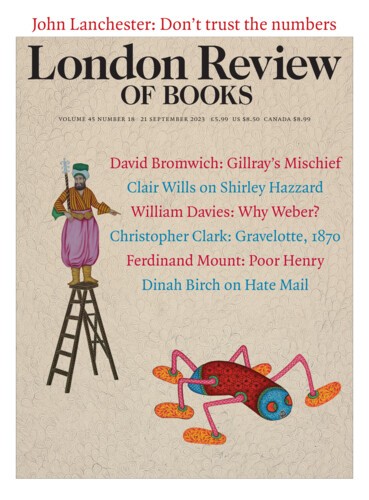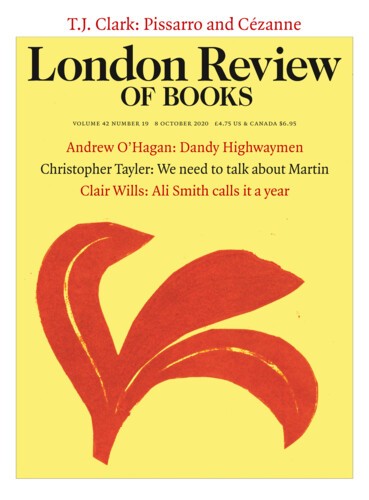A Degree of Light-Heartedness: Merkel’s Two Lives
Christopher Clark, 20 February 2025
Angela Merkel was 35 when the country in which she had established herself as a research scientist ceased to exist. Once that happened, the transition was instantaneous: her career in science ended and her career in politics began. For nearly half of the period that has elapsed since that moment in 1990 – 16 out of 34 years – Merkel was at the apex of the German state. She...





